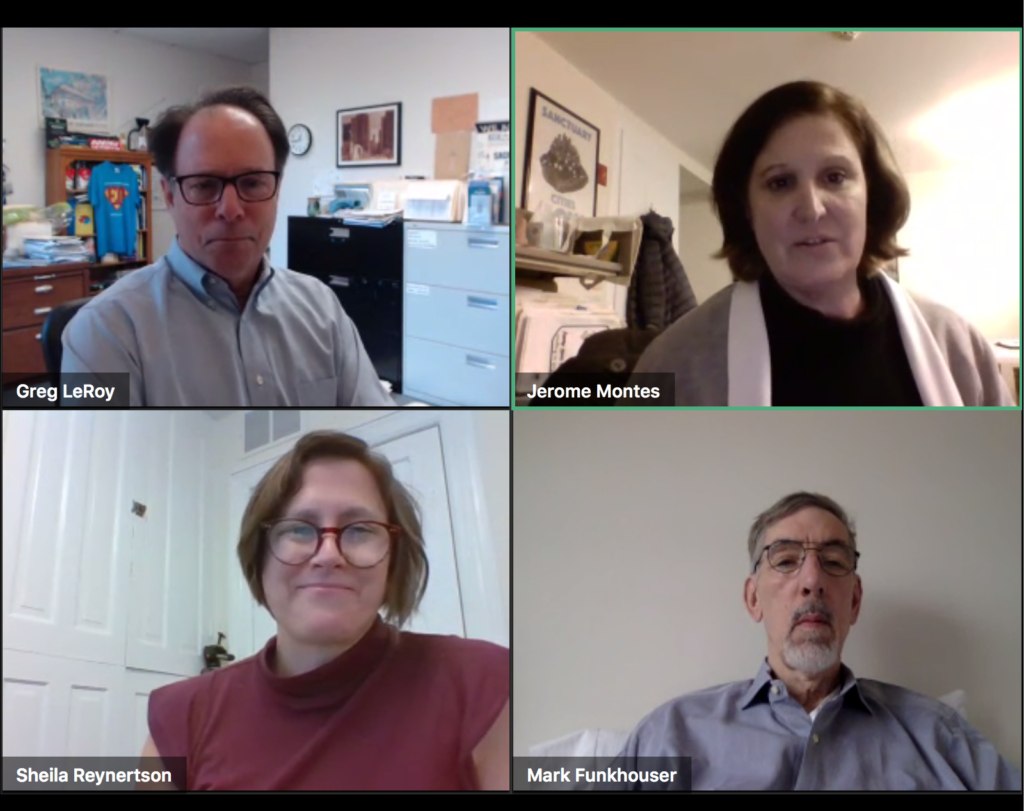Earlier today President Trump unveiled a $4.8 trillion budget for 2021, including major cuts to the social safety net. In response to the budget proposal, New Jersey Policy Perspective (NJPP) releases the following statement.
Raymond Castro, Health Policy Director, NJPP:
“President Trump’s budget represents yet another massive redistribution of wealth from low-income and working class families to the top 1 percent. His budget proposes devastating cuts to health and social programs — possibly the largest cuts proposed by a president in the nation’s history — and threatens to push far too many families into poverty. Meanwhile, wealthy individuals would receive a windfall as the budget makes the 2017 tax cuts permanent. If signed into law, this will widen growing inequities and pull the safety net out from under families struggling to make ends meet.
“The budget calls for $1 trillion in cuts over ten years in Medicaid and the marketplace which would result in billions of dollars lost for New Jersey and reverse the major progress that has been made in expanding health coverage across the state. The proposed cuts to Medicaid expansion endanger the health care of 500,0000 New Jerseyans currently in Medicaid. The health care of an additional 300,000 New Jerseyans is also at risk from a sharp reduction in marketplace premium assistance.
“Further, the budget would cut food assistance in New Jersey by $1.5 billion over five years. The budget would also fully eliminate the social services block grant, Community Services Block Grant, and Low-Income Home Energy Assistance Program, resulting in a total loss of federal funds of $1.3 billion over five years and the complete loss of these supportive services at the community level. In addition, Temporary Assistance for Needy Families, which has not received an increase at the federal level in 20 years, would be cut by over $200 million in New Jersey over five years, further impoverishing these families that live well below the poverty level. Simply put, these cuts would be catastrophic for New Jersey and would directly harm our families, friends, and neighbors in every corner of the state.”
# # #



